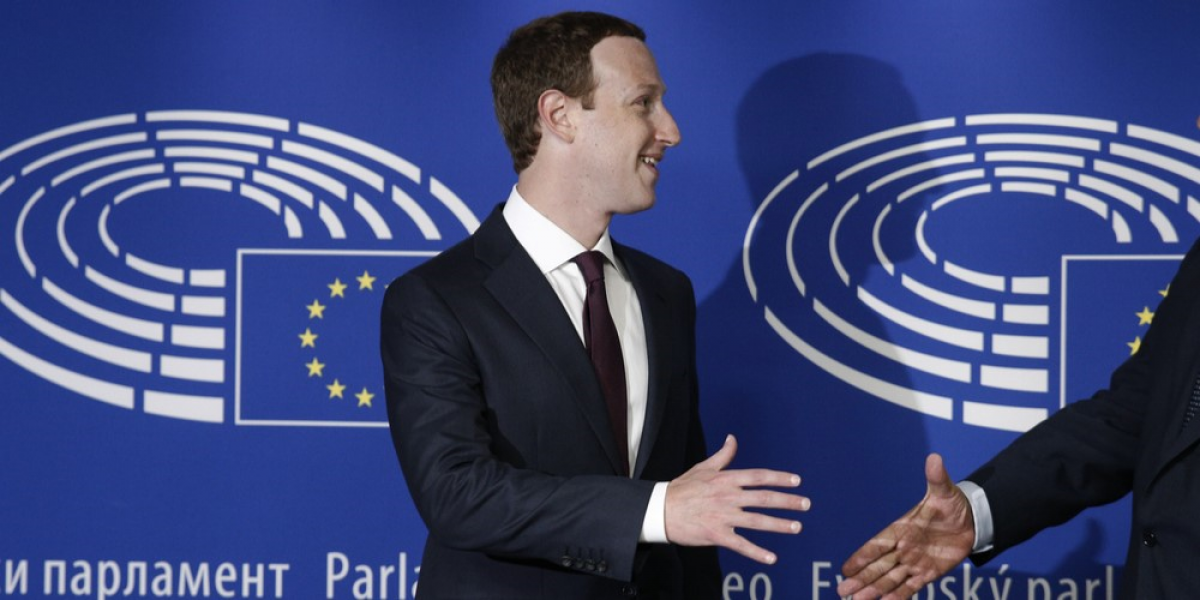A Gathering of Tech Industry Icons and Lawmakers
In a significant development for the tech industry, renowned figures like Bill Gates, Elon Musk, and Mark Zuckerberg converged in Washington to discuss the future of AI regulation. This high-profile meeting comes as the US Senate gears up to draft legislation aimed at regulating the rapidly advancing artificial intelligence sector.
A Diverse Guest List and Unprecedented Congressional Effort
Among the attendees were CEOs from major tech companies, including Anthropic, Google, IBM, Meta, Microsoft, Nvidia, OpenAI, Palantir, and X (formerly Twitter). The event also featured Bill Gates and Eric Schmidt, former CEOs of Microsoft and Google, respectively. Notably, it brought together leading figures from the entertainment industry, civil rights groups, and labor organizations.
A Pledge for Comprehensive AI Regulation
This meeting marked the first of a series of nine sessions hosted by Senate Majority Leader Chuck Schumer, signifying an ambitious congressional effort to establish comprehensive AI regulations. Schumer emphasized the need for transparency and the urgency of addressing AI’s potential impact on various aspects of society.
AI’s Disruptive Potential and Varied Industry Proposals
Policymakers are increasingly recognizing the disruptive potential of AI, particularly generative AI like ChatGPT, which has implications for commercial productivity, employment, national security, and intellectual property. Several tech giants have already proposed their approaches to AI oversight, but differences exist, including the need for a new federal agency to regulate AI.
Insights into Lawmakers’ Perspectives
This gathering offers insights into the range of opinions among members of Congress concerning AI regulation. Key topics include transparency, intellectual property protection, and algorithm explainability. Understanding these perspectives is crucial in shaping the future of AI policy.
Tech Companies’ Role and Public Concerns
Tech executives like OpenAI CEO Sam Altman have advocated for early AI regulations, distinguishing themselves from the social media industry’s resistance to regulation. However, civil society groups have voiced concerns about AI’s potential dangers, including discrimination and copyright issues.
Ensuring a Democratic and Inclusive Process
Maya Wiley, President, and CEO of the Leadership Conference on Civil and Human Rights, emphasizes the importance of a democratic, inclusive, and balanced process in shaping AI regulations. Representation of underrepresented groups is seen as crucial in achieving a fair and effective outcome.
Legislative Efforts and EU Comparison
Senate Majority Leader Schumer’s personal involvement highlights the unique challenge AI poses for congressional leaders. His proposed framework prioritizes innovation while safeguarding democracy, national security, and consumer understanding of AI. The US is lagging behind the European Union, which is working on comprehensive AI legislation.
Critics and Alternative Legislative Proposals
Not all senators are optimistic about the meeting’s outcomes. Senators Blumenthal and Hawley criticized the process, suggesting that it may not lead to substantial legislation. They have introduced their own framework for regulating AI and stressed the importance of AI safety.
Calls for Transparency and Accountability
Despite the critiques, the meeting is a crucial step in the complex journey of regulating AI. It serves as a platform for diverse voices to contribute to the formation of AI policies that balance innovation, safety, and accountability.






